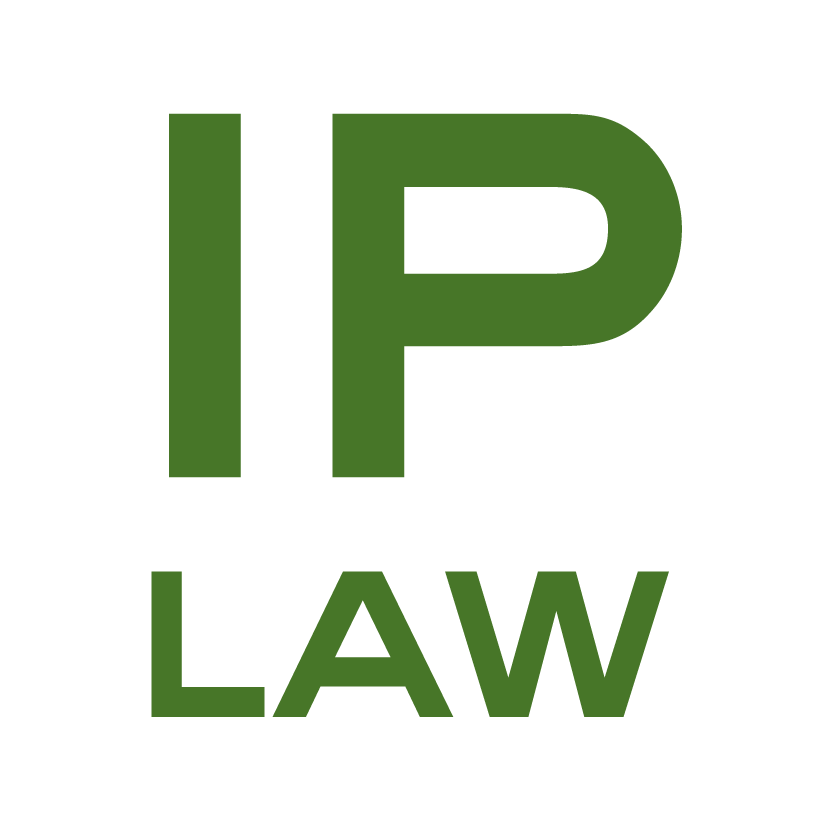In today’s innovation-driven economy, law firms play a critical role in guiding corporate leadership on the legal and strategic oversight of patent assets. For directors and officers, patents are not merely technical documents—they are high-stakes assets that implicate fiduciary duties, risk exposure, and enterprise value. Advising clients at the leadership level ensures their portfolios are not just protected, but positioned to advance business goals.
The ability to translate patent positions into business terms is a defining skill for modern legal advisors. Platforms like PatenTrack enhance this capability, allowing law firms to elevate their counsel from reactive to proactive, and from legal to strategic.
In a climate where intellectual property is routinely scrutinized in corporate transactions, law firms must serve as strategic advisors to directors and officers.
Helping directors and officers govern their patent assets is not only part of a law firm’s duty—it is a differentiating factor that drives trust, deepens client relationships, and delivers long-term value.
As patent attorneys, you have a tremendous opportunity to expand your practice beyond the traditional prosecution and litigation boundaries. By helping clients strategically manage their patent portfolios, you create additional value while strengthening client relationships.
The duty to implement and maintain internal controls for patent portfolios represents a fundamental Caremark obligation that extends to both directors and officers.
How would you evaluate whether your clients' current approach to patent strategy and budgeting would satisfy their Caremark obligations?
Addressing conflicts isn't merely about compliance—it's essential for patent strategy effectiveness.
In an era of increasing shareholder activism and heightened board accountability, patent portfolio valuation and reporting isn't optional—it's an essential component of fiduciary duty for innovation-driven companies.
Systematic risk management isn't merely defensive—it creates competitive advantages through greater operational certainty and leverage in business negotiations.
Defective title chains are a silent killer of patent value. Real-world cases like Ethicon and Tri-Star underscore the financial and legal fallout of oversight.
Patent enforceability hinges on effective maintenance fee management.
Now that AI has significantly lowered the switching costs for patent prosecution services, patent law firms that show they care—by proactively helping clients reduce patent costs and enhance enforceability—can become indispensable partners in their clients' success.
By mastering evaluation, leveraging technology, and aligning monetization with corporate strategy, patent lawyers and strategists can transform patents into drivers of growth and competitive advantage.

